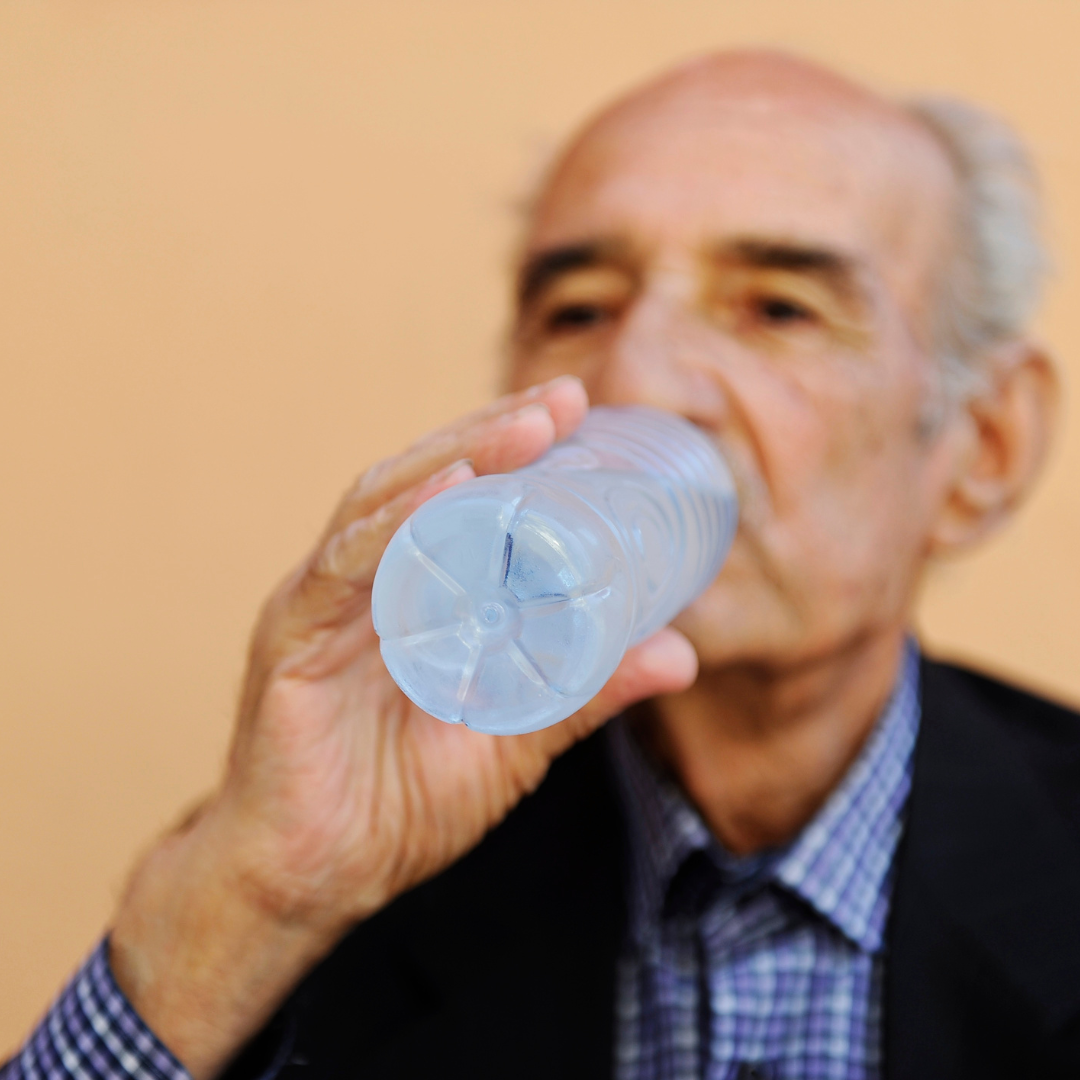Dehydration is one of the most common medical conditions, affecting nearly half of all Americans at some point in their lives.
What Is Dehydration
Dehydration is the lack or deficiency of adequate fluid in the body. Because your body is 60% water, becoming dehydrated can have many negative consequences. Most importantly, it affects your brain function, so being aware of the symptoms and taking proper steps to prevent dehydration is essential.
What Are the Effects of Dehydration?
Here are some of the more common as well as uncommon effects of dehydration, especially over a sustained period of time:
- Dizziness – Dehydration is one of the common causes of dizziness, which occurs when your brain and inner ear are not receiving enough blood.
- Fatigue – Many people will experience fatigue only after not drinking enough water for several hours. If you experience fatigue even after drinking plenty of water, make sure your diet is healthy, and your hydration levels are high. Fatigue can also be caused by other factors, like hormonal imbalance, so see your doctor if you suspect you have a condition that is affecting your hydration levels.
- Headaches – Headaches are one of the most common complaints patients present to their physicians. They occur in a wide range of conditions and can cause considerable distress. Headaches can be caused by foods, medications, dehydration, allergies, or even disorders of the inner ear. They can also result from changes to the body’s internal environment, such as feeling overheated or under stress.
- Skin Problems – Over time, chronic dehydration can contribute to the development of skin problems, accelerating the signs of aging and potentially exacerbating conditions like acne or eczema. Fortunately, maintaining proper hydration is a key step in nurturing healthy, glowing skin. Alongside adequate water intake, consider skincare routines and try opting for dermal fillers in Baton Rouge, LA, or elsewhere, which can help revitalize your skin and address concerns related to dehydration and aging, ensuring your skin looks and feels its best.
- Hunger – Most people are so concerned about not eating too much that they forget that hunger is one of the causes of dehydration. By not eating enough, dehydration is usually inevitable. Therefore, a person should try as much as possible to eat moderately.
Most doctors recommend drinking six to eight eight-ounce glasses of water per day. And when you’re exercising or working out, it’s important to drink more. But what happens when you don’t?
Symptoms for Dehydration
- Dry mouth – But a common symptom of dehydration, dry mouth, is easily overlooked. A dry mouth occurs when the salivary glands, which produce saliva, become swollen and unable to perform their normal functions. Saliva is important because it helps you digest food, moisten your mouth, and helps wash away germs.
- Thirst – While thirst is one of the first indicators of dehydration. But thirst is a symptom that many people don’t think about. As you lose more water through sweat and urine, your body becomes less salty, which is the main reason you feel thirsty. A lack of salt causes your body to crave salt, which is another reason you feel thirsty.
- Tiredness – Feeling tired all the time isn’t just a symptom associated with aging. It can happen to people of any age. Sometimes, the problem is rooted in a medical condition.
Tips on How to Keep Hydrated
- Drink more water. Drinking water should be part of your daily routine. Most people don’t drink enough water, and it’s easy to understand why. Water can be boring, and sometimes it just isn’t as satisfying as soda or juice. But research shows that water has various health benefits, and drinking more water can help you lose weight, protect against muscle cramping, and ease arthritis joint pain.
- Eat a variety of fresh fruits and vegetables. Water is our body’s most vital nutrient. It regulates our body temperature, lubricates our joints, and acts as a cleaning agent. Other important minerals that our bodies need include potassium, calcium, and magnesium. Eating a wide variety of fruits and vegetables will help fill your body with these essential nutrients.
- Consider hydration supplements. You can also support your hydration routine by considering supplements specifically designed to replenish electrolytes and maintain proper hydration levels. One option is to try O.R.S Hydration tablets, which contain a balanced blend of electrolytes, including sodium, potassium, and magnesium. These tablets, when dissolved in water, offer a refreshing and convenient way to stay hydrated throughout the day.
Water is essential to life, and our bodies need at least 80 to 100 ounces of it each day. Drinking water will help you feel full, prevent dehydration, boost your metabolism, and flush out toxins.
But aside from being essential to life, water is also essential for weight loss. If you tend to crave sweets, drinking a glass of iced water before you eat could help curb your cravings. When you feel full, you’re less likely to overindulge, which in turn will help you lose weight.




